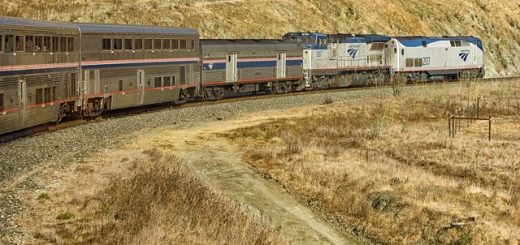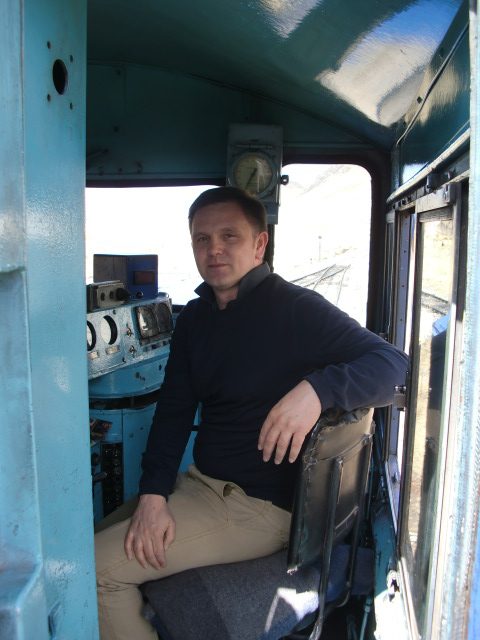Germany Launches New Direct Train from Bavaria to Baltic Sea
Deutsche Bahn, Germany’s national railway company, has introduced a new direct train service connecting Bavaria to the Baltic Sea.
From Bavaria to the Baltic Sea by train
The new train service connects Munich, the Bavarian capital, with Rostock, the largest city in Mecklenburg-Vorpommern and the biggest port on Germany’s Baltic Sea coast.
Yesterday, on the 8th of March, the new train service was inaugurated.
The service is operated by an InterCity Express (ICE) high-speed train with second and first-class seating, along with a dining car.

ICE high-speed trains. ©AndyBTravels
Route
The new train service between Bavaria and the Baltic Sea takes just under 10 hours to complete its route.
The route is somewhat circuitous, as instead of travelling directly north from Munich, the train first heads west to Augsburg and Stuttgart’s main railway station before continuing to Mannheim and Frankfurt.
After Frankfurt, the train stops at Kassel, Leipzig, and Berlin Hbf, among others, before reaching its final destination of Rostock.
Northbound, the train departs Munich daily at 08:46, arriving in Rostock at 18:36, while southbound, it leaves Rostock at 11:21 and arrives in Munich at 21:13.
The train appears in the timetables as ICE690 from Munich to Rostock and as ICE691 in the reverse direction from Rostock to Munich.
Faster options
According to Merkur, a Munich newspaper, the new train service is primarily aimed at German holidaymakers wishing to visit the cities and beaches along the Baltic coast.
However, this new direct ICE train is not the fastest option from Munich to Rostock due to its circuitous route.
A faster option would be to take an ICE train from Munich to Berlin and then change onto another ICE train or an InterCity (IC) service to Rostock, a journey that can take as little as 6 hours and 51 minutes.
According to some German transportation websites, Deutsche Bahn has noticed increased demand for direct services between southern and northern Germany, even though the overall journey may take longer and there is no need to change trains.
The circuitous route of the new ICE train service also helps fill gaps in the timetable along parts of the route and, hopefully, alleviates crowding on heavily used connections between the south and north.

ICE train at Rostock Hbf. ©AndyBTravels
Conclusion
Germany now has a new direct ICE train service connecting the Bavarian capital of Munich with the Baltic Sea port of Rostock.
Due to its circuitous route via Stuttgart, Frankfurt, Leipzig, and Berlin, the new Munich-Rostock train takes just under 10 hours to complete its journey, making it slower than most one-stop connections that involve a change of trains in Berlin.
However, Deutsche Bahn believes that the direct nature of this new service will appeal to holidaymakers and hopes it will help fill gaps in the timetable along the route, as well as alleviate overcrowding on other trains.





